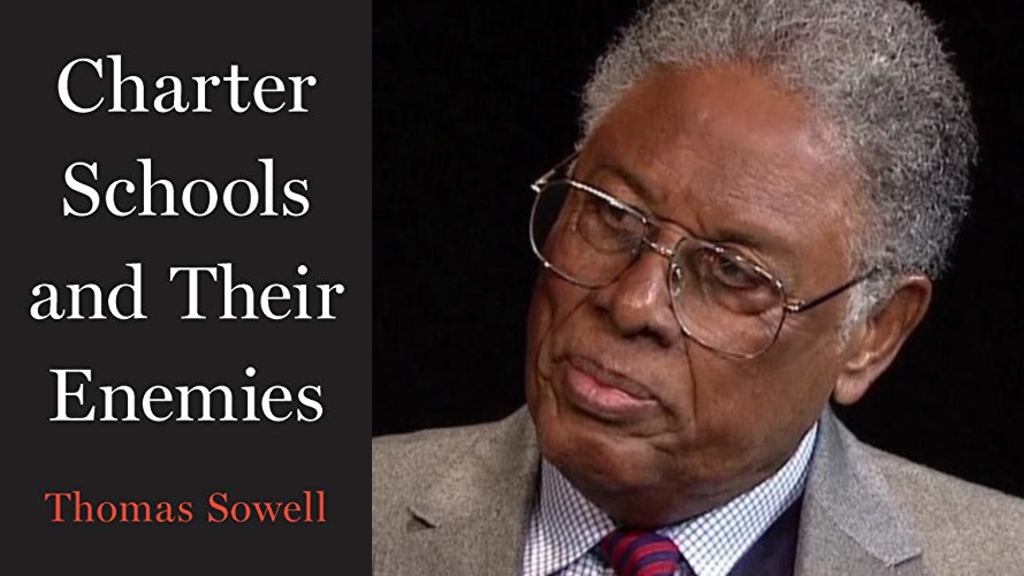Just an hour before July 1, the 23rd anniversary of the city’s transfer from British to Chinese rule, Hong Kong published the text of Beijing’s national security law, which stipulates that offenders, if convicted, could be imprisoned for life.
The law’s provisions fanned fears that the city, which was promised autonomy and freedoms upon its handover to China, would usher in a new era of authoritarian rule.
The law gives Beijing sweeping power to target individuals for any acts of secession, subversion, terrorism, and collusion with foreign forces. The Chinese regime will also establish a security bureau that would instruct and supervise the city government over the law’s implementation, exercise oversight over “complicated cases,” such as those with foreign involvement. The agency will be exempt from the Hong Kong government’s jurisdiction.
It defines the four major violations in broad terms. Terrorist activities, for example, include making threats to the central government, Hong Kong authorities, or international organizations “to realize political goals;” “organizing or leading terrorist groups;” and carrying out “other dangerous methods to seriously endanger public health or safety.”
Collusion with foreign forces involves gathering intelligence for external or foreign institutions; receiving external funding or support to interfere with Chinese and Hong Kong policies; undermining local elections; imposing sanctions; and “provoking hatred” toward authorities. Individuals who reside outside Hong Kong and who violate the security law would also be subject to prosecution, according to Article 38.
Authorities may seize travel documents of violators, freeze or confiscate their assets, request information from foreign organizations, and wire-tap suspected individuals in an investigation.
Online service providers may be asked to remove offensive information or cooperate with authorities in a criminal investigation, according to article 43.
LIHKG is one of the most popular online forums where protesters converge to discuss future plans. After the security law was implemented, LIHKG Picks, a volunteer group that curates protest-related content from the platform and translates them into English, announced that its Hong Kong administrators have retired from the account and their work would be moved abroad. “We will…carry on as long as we can,” it said in a tweet.
The Chinese regime has ultimate jurisdiction over security cases. “The Central People’s Government has overarching responsibility for national security affairs relating to the Hong Kong Special Administrative Region,” it stated in Article 2 of the law.
Judges could be barred from presiding over cases if their words and actions are deemed to be “endangering national security.” The law also stipulated that the security bureau would “tighten management” of non-governmental news agencies and foreign nonprofit organizations.
By Eva Fu







